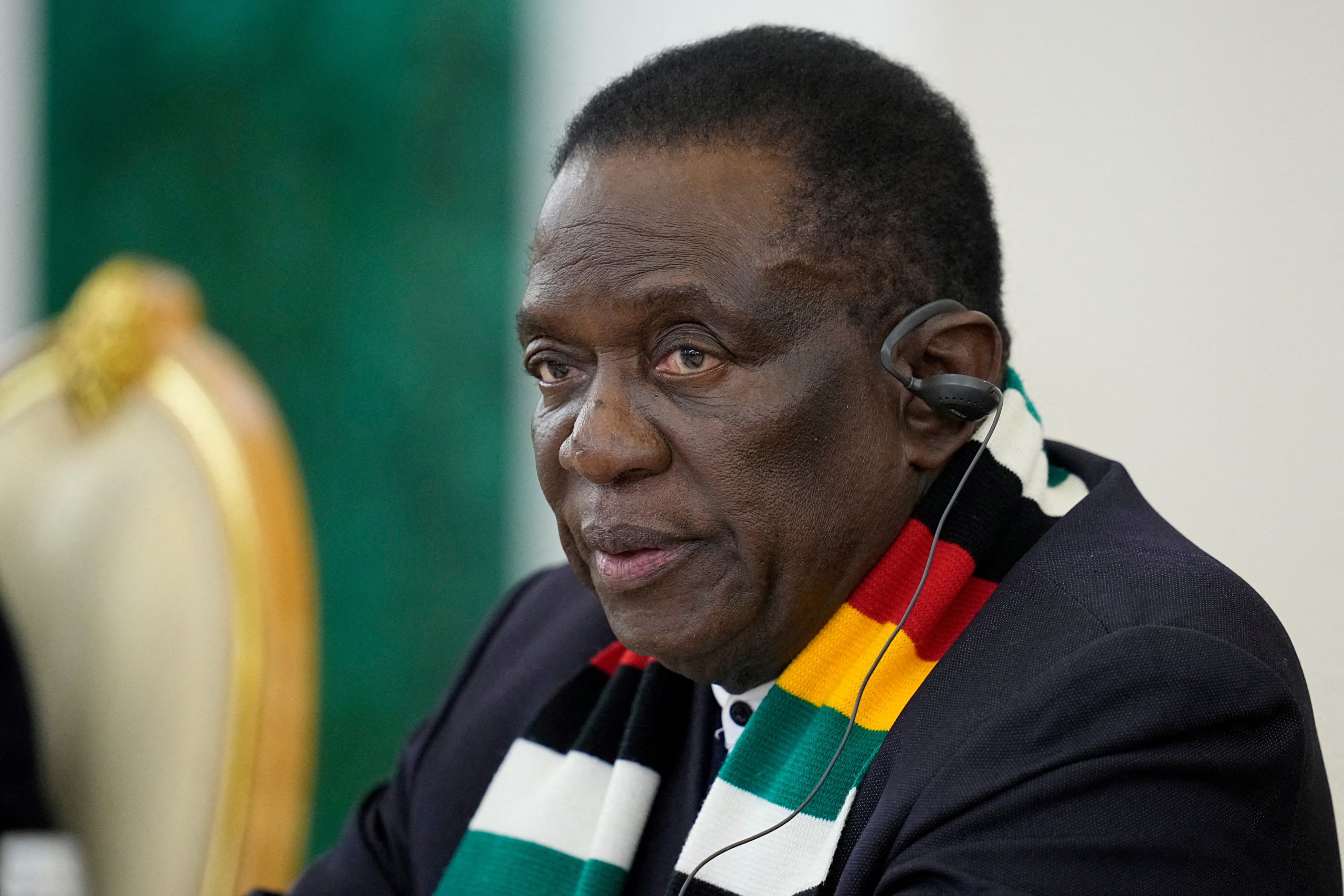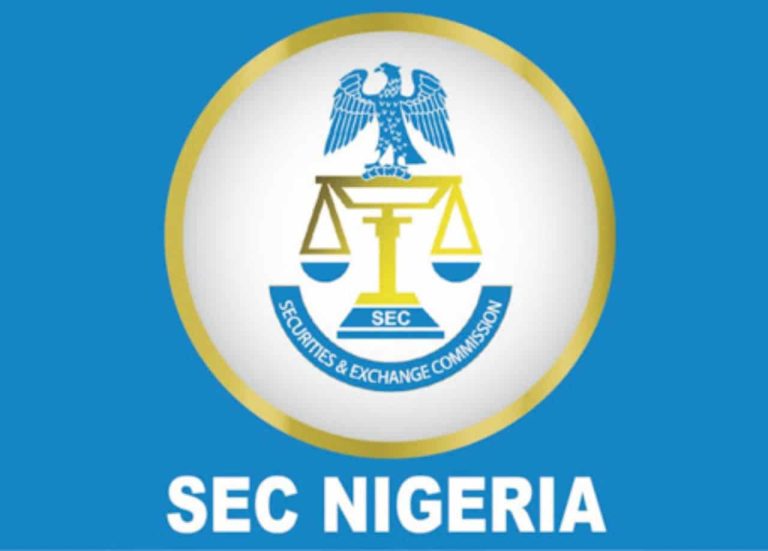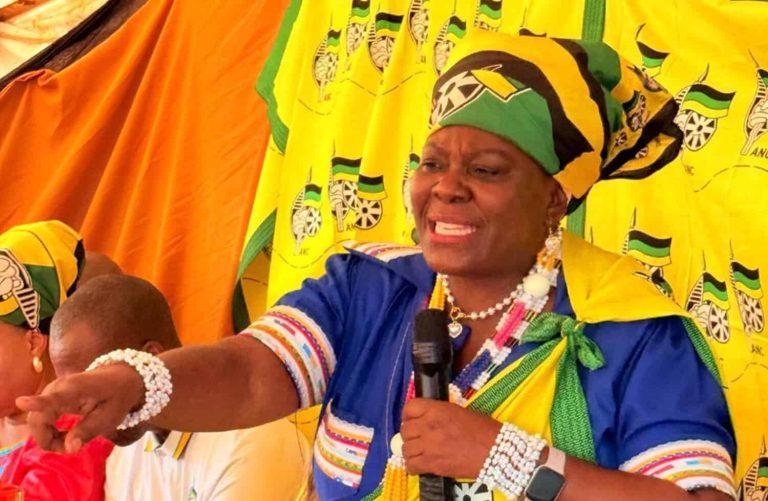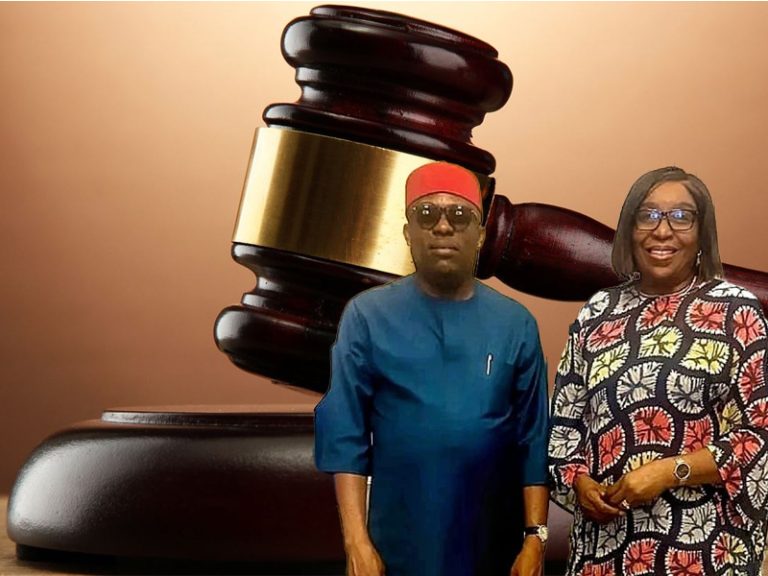
Zimbabwe’s ruling ZANU-PF party plans to amend the constitution to extend President Emmerson Mnangagwa’s term by two years to 2030, a move opposition politicians have condemned as unlawful.
The proposal, adopted at a party conference late on Saturday, would prolong the 83-year-old president’s second five-year term, currently set to end in 2028.
The resolution comes amid a succession battle within ZANU-PF, where Mnangagwa’s main internal rival, former army general Constantino Chiwenga, has been accused of treasonous acts.
“The party and government are therefore directed to initiate the requisite legislative amendments to give full effect to this resolution to ensure continuity, stability and the sustained transformation of the nation,” Ziyambi Ziyambi, ZANU-PF secretary for legal affairs and Minister of Justice, told delegates.
Jameson Timba, a veteran politician and senior leader in a fractured opposition movement, said that Zimbabwe should not be governed by conference resolutions or partisan directives.
“We are a constitutional democracy and the supremacy of the Constitution must remain non-negotiable,” he said in a statement on Sunday.
Timba called for formal clarification from the speaker of parliament and the minister of justice, and urged “civic vigilance and peaceful defence” of constitutionalism.
Mnangagwa, who has previously said he is not interested in clinging to power, came to office in a 2017 military coup that ousted founding leader Robert Mugabe.
The constitution requires him to step down in 2028 after serving two five-year terms.
ZANU-PF has ruled the Southern African nation since independence from Britain in 1980 and holds a commanding majority in parliament as the government tries to rebuild a weak economy and reduce crippling debt obligations.
“It is going to be the biggest challenge to the democratic forces in the nation on how we are going to respond to this huge provocation by a political party whose modus of operation has always been predatory,” Job Sikhala, facilitator of the National Democratic Working Group, an advocacy body, told Reuters.



